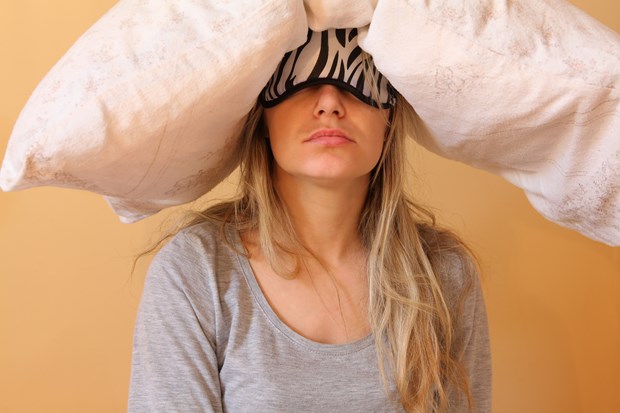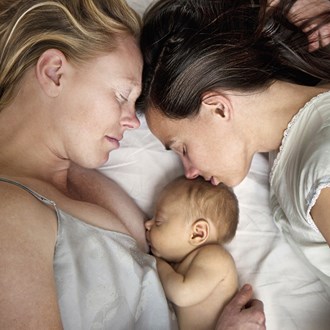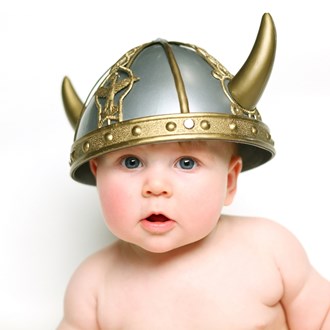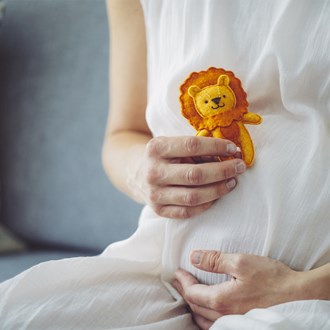Should we stay house-bound after birth?

Why confinement after birth can be a great idea...
Once upon a time, there was a woman in Australia who had gave birth to her third child. She had a really difficult birth, and was very sore and tired when she came home. But she had two other children who needed attention, a husband who had a job, and no groceries in the house. And so, on her very first morning after leaving hospital, she put the newborn in the pram, grabbed her two other kids and a bag full of supplies, and went to the supermarket.
The same week, a woman in Singapore had her third baby. In accordance with the Asian custom, she stayed at home for a full month after the delivery. Her mother and mother-in-law prepared all her meals, and a ‘confinement lady’ visited every day to do the laundry and housework, provided massages and wound care, and helped look after the baby. Visitors were strictly limited to family, and the mother was encouraged to rest wherever possible. I was the first woman. I don’t know the second woman, but I very much envy her.
Quarantine station
The concept of confinement is utterly foreign in our culture. In Western societies, women are supposed to resume their normal duties days, and sometimes mere hours, after giving birth. Many women return to paid work within weeks of becoming mothers. ‘Pregnancy isn’t a disease!’ we insist. ‘We won’t be slowed down by a new baby!’
And no, pregnancy is not a disease. But you know what? Maybe we should be slowed down by a baby. Maybe we shouldn’t be plunged straight into all real life so quickly after we give birth. After all, delivery is hard on the human body. Many women are left with stiches and wounds; the vast majority of us are bleeding and sore. It takes time for the pregnancy hormones to settle down, leaving us tired and vulnerable. And breastfeeding can be challenging, causing sore boobs and cracked nipples. Add to that the general exhaustion and overwhelm, and it’s a wonder we can care for ourselves, let alone other people.
Slow and steady
I don’t think staying at home for a month is necessarily important, but I think the care and support offered in a confinement is a magnificent idea. When we care and support someone, we show that we value them. And so confinement practices honour women, by recognising and appreciating the hard work of pregnancy and labour, and easing the path into motherhood. And this is important, because mothers should be honoured. Bringing new life into the world is one of the most important things any person can do. Without mothers, none of us would even exist.
Of course, I’m not for a moment suggesting that women should be forced into any sort of confinement. But I would love to see the type of support new mothers typical in Asian cultures offered to women here. Because no new mother should be at the supermarket the day she comes home from hospital. A massage and a hot meal and a nice long nap sounds far more appealing.







